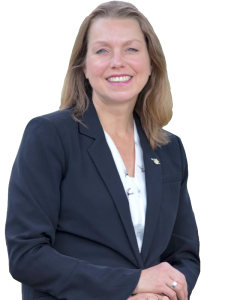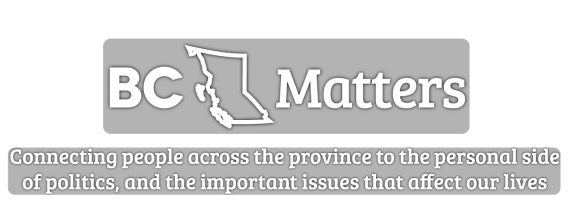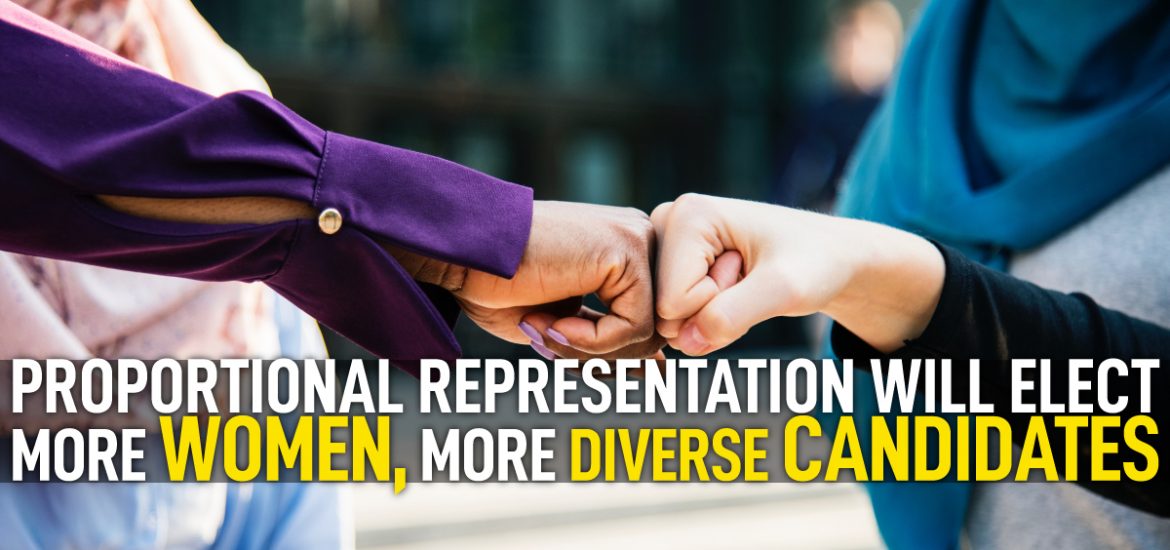
When I considered running for office, I admit I was unsure whether the political environment I saw was the right fit for me. I wanted to make a difference for my community but I was worried about the toll partisan fighting and mudslinging might take on my family.
Ultimately I decided to run for MLA, and I’m glad I did. Indeed, some of my motivation was precisely because of my family – my daughter in particular – in wanting to be part of the system and change it from within. But I wonder how many women and others have weighed the pros and cons and decided not to run for office.
I wonder how many great leaders, MLAs, mayors, councillors, trustees, and MPs we have lost because of our current, adversarial political system. What voices and experiences are missing because too many don’t see public office as a place for them?
2017 was a big year for women. From the women’s marches in January to the #MeToo movement, last year women came together and demonstrated that they would no longer tolerate inequality and injustice. It was fitting then, that the 2017 BC general election saw the largest number of women candidates running, the largest number of women and women of colour actually elected to BC’s legislature, and finally, parity in BC’s cabinet between women and men.
It was a good year, but we can do better. Proportional representation can help move us forward.
Women make up a little over half the population of B.C. and yet are currently represented by only 38% of MLAs in the legislature. Though there have been gains in recent elections, the ratio is even worse for women of colour and many other equity-seeking groups.
A good part of the problem can be attributed to the way we elect our MLAs. Under our current first-past-the-post (FPTP) system, parties can only put forward one candidate per riding.
More often than not, this means someone who is male.
And although the major parties are putting forward more women candidates, they disproportionately run in “unwinnable” ridings (those that have historically returned a candidate from a different party by a large margin).
So while 111 women ran in the 2017 BC election, just 34 were elected.
Change has been slow in BC. While women have been able to vote and run for office in our province since 1917, the percentage of women MLAs didn’t rise above 11% until the mid-1980’s, and in 2018 we’re still at only 38%. And it’s important to remember that women of Chinese, Japanese, South Asian, and First Nations descent didn’t get the franchise in BC until much later, and their numbers in the legislature are still far too low.
At this rate, it would take another 30 years for us to reach parity in the BC legislature.
So how would proportional representation improve things? The experience among countries who have adopted Pro Rep voting systems is that they elect, on average, around 10% more women than nations that use FPTP, and their parliaments better reflect the diversity of their populations.
Unlike the winner-takes-all FPTP system, Pro Rep systems allow parties to put forward more than one candidate per riding. There is an incentive, therefore, to have balance and diversity among candidates.
It also means that other candidates can run even when there’s an established incumbent candidate from the same party. Incumbents (who are already disproportionately male) are considered to have a better chance of winning, so even if the party has several excellent potential candidates in the riding, they are forced to wait it out. Pro Rep would change that.
Another reason Pro Rep countries tend to elect more women and diverse candidates could be that Pro Rep tends to make democracies less divisive and more cooperative. Under Pro Rep parties often need to work together if they want to get things done, and this could make politics more welcoming to would-be candidates. This cooperative approach has certainly been our experience in BC’s current minority government.
Proportional representation could change our political culture for the better. Instead of polarization and partisan fighting, we could see more cooperation. Instead of legislatures that don’t reflect the diversity of our province, we could elect more women, Indigenous people, and people from all equity-seeking groups.
That is good for my daughter’s future and that of her generation, and indeed for all British Columbians.
And I think that’s something worth voting for.

